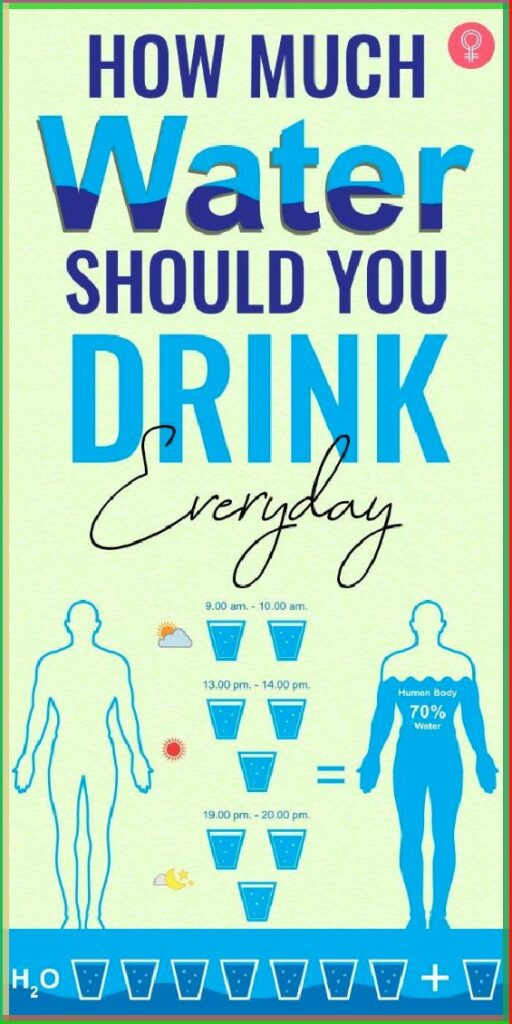If you’re wondering if you’re drinking enough water, it’s important to listen to your body. Here are 10 signs you may not be staying hydrated, according to expert recommendations for women’s health in 2024:
1. Dry Skin
If your skin feels dry, flaky, or tight, it could be a sign that you’re not drinking enough water. Adequate hydration is essential for healthy skin.
2. Fatigue:
Water is essential for energy production in your body. If you feel unusually tired or sluggish, dehydration could be the cause.
3. Headaches
Dehydration can lead to headaches or migraines. If you frequently take painkillers, try drinking more water.
4. Dark Yellow Urine:
If you’re drinking enough fluids, your urine should be light yellow or clear. Dark yellow or amber urine is a clear sign that your body needs more water.
5. Dry Mouth or Bad Breath
A dry mouth can be the result of dehydration. If you also notice bad breath, it may be due to a lack of saliva, which is water-based.
6. Constipation.
Water is necessary for healthy digestion. Dehydration can lead to constipation and difficulty passing stools.
7. Muscle cramps
If you frequently experience muscle cramps or spasms, it may be due to dehydration, as water helps balance electrolytes in your muscles.
8. Cravings for sweet or salty foods:
When you’re dehydrated, your body can sometimes mistake thirst for hunger, leading to cravings for sweet or salty foods.
9. Dizziness or Lightheadedness:
Dehydration can cause a drop in blood pressure, which can lead to dizziness or lightheadedness, especially when standing.
10. Decreased urination frequency
If you urinate less frequently than usual, it could be a sign that your body is trying to conserve water.
What to do:
Make sure you drink plenty of water throughout the day. A good goal for many people is 8 cups (about 2 liters), but this can vary depending on activity level, environment, and individual needs. If you notice any of these signs, consider adjusting your water intake. In addition, eating water-rich foods like fruits and vegetables can help you stay hydrated.
If you notice persistent signs of dehydration, consult a doctor to ensure you are meeting your body’s needs.


